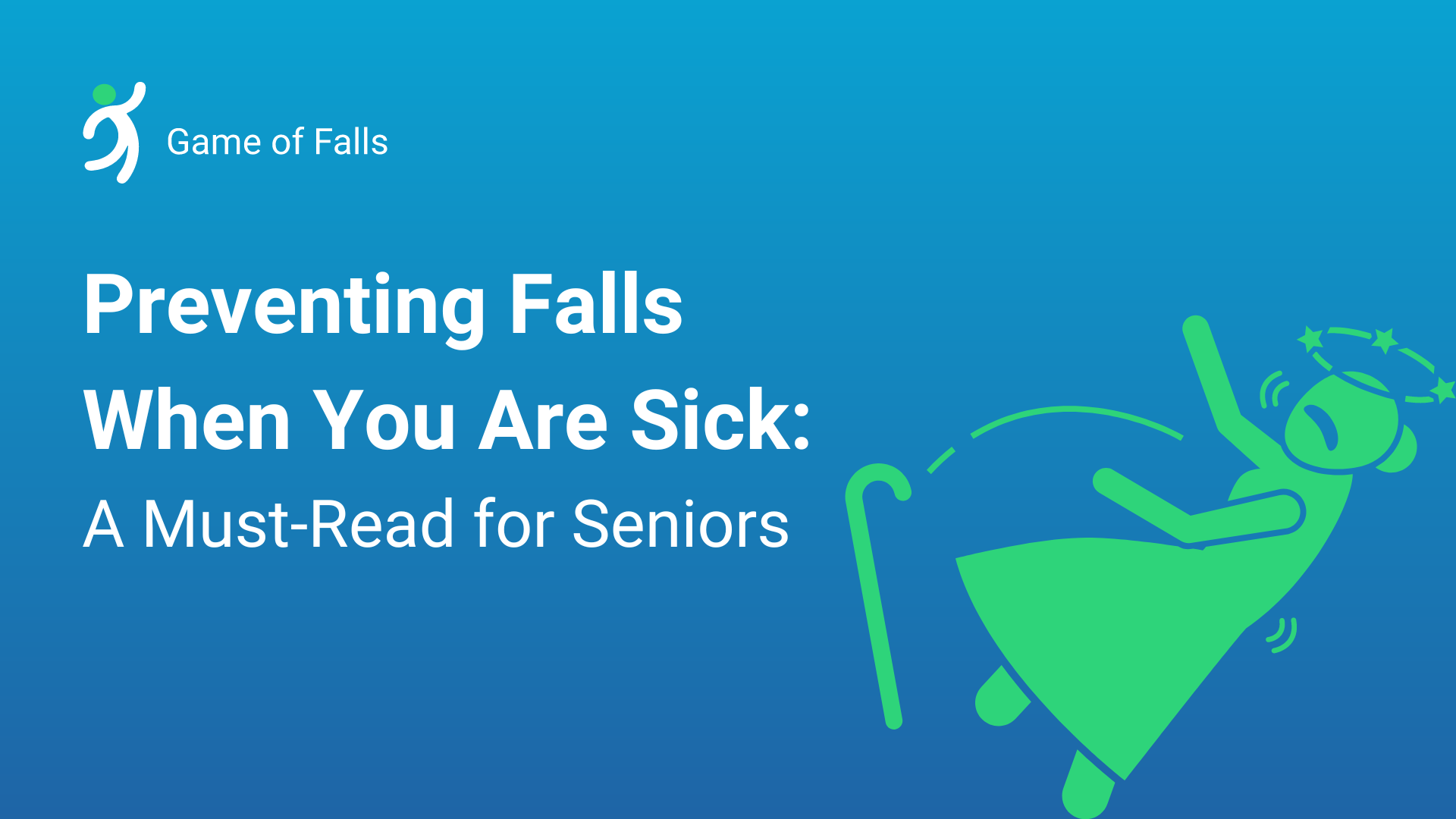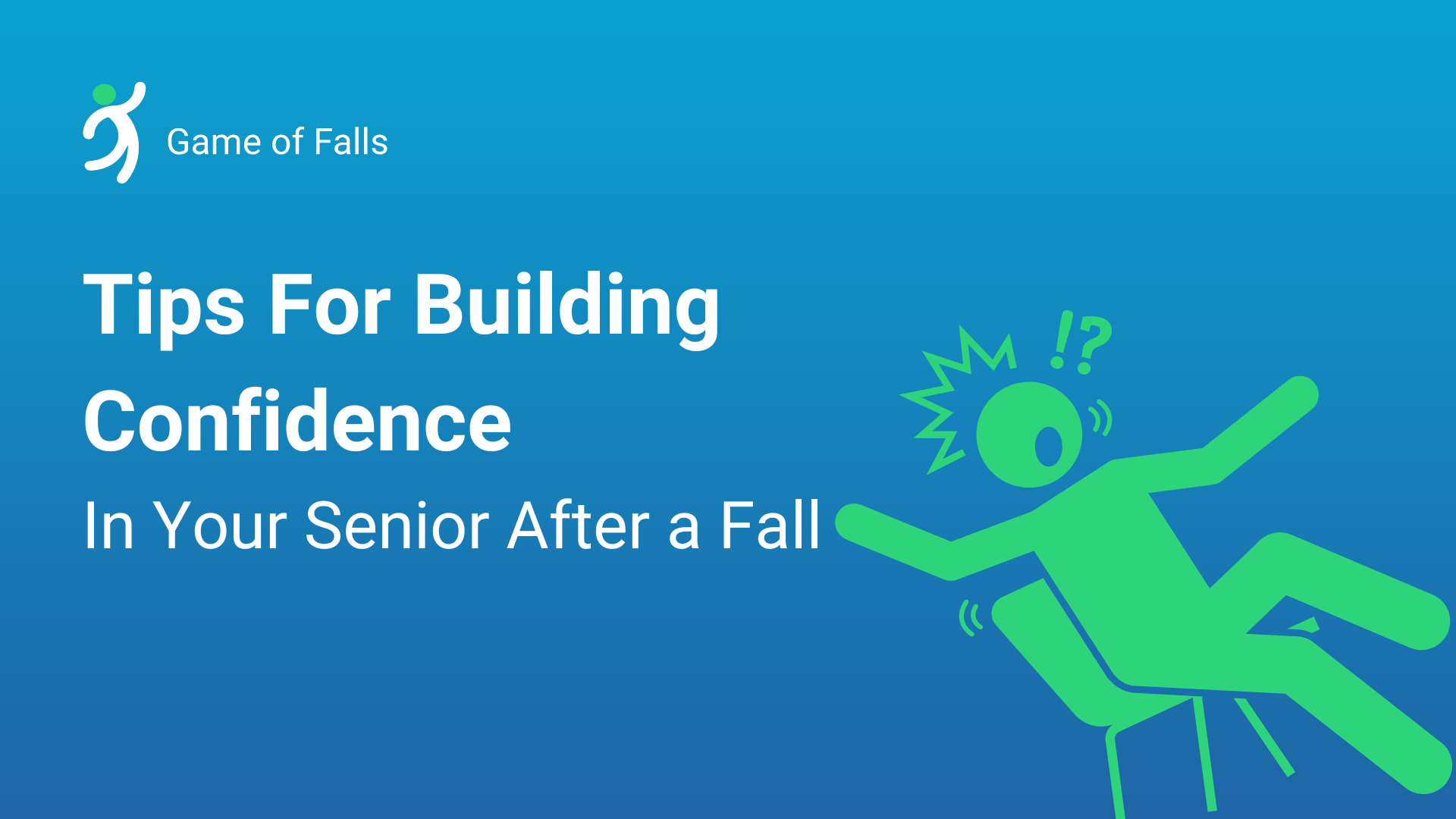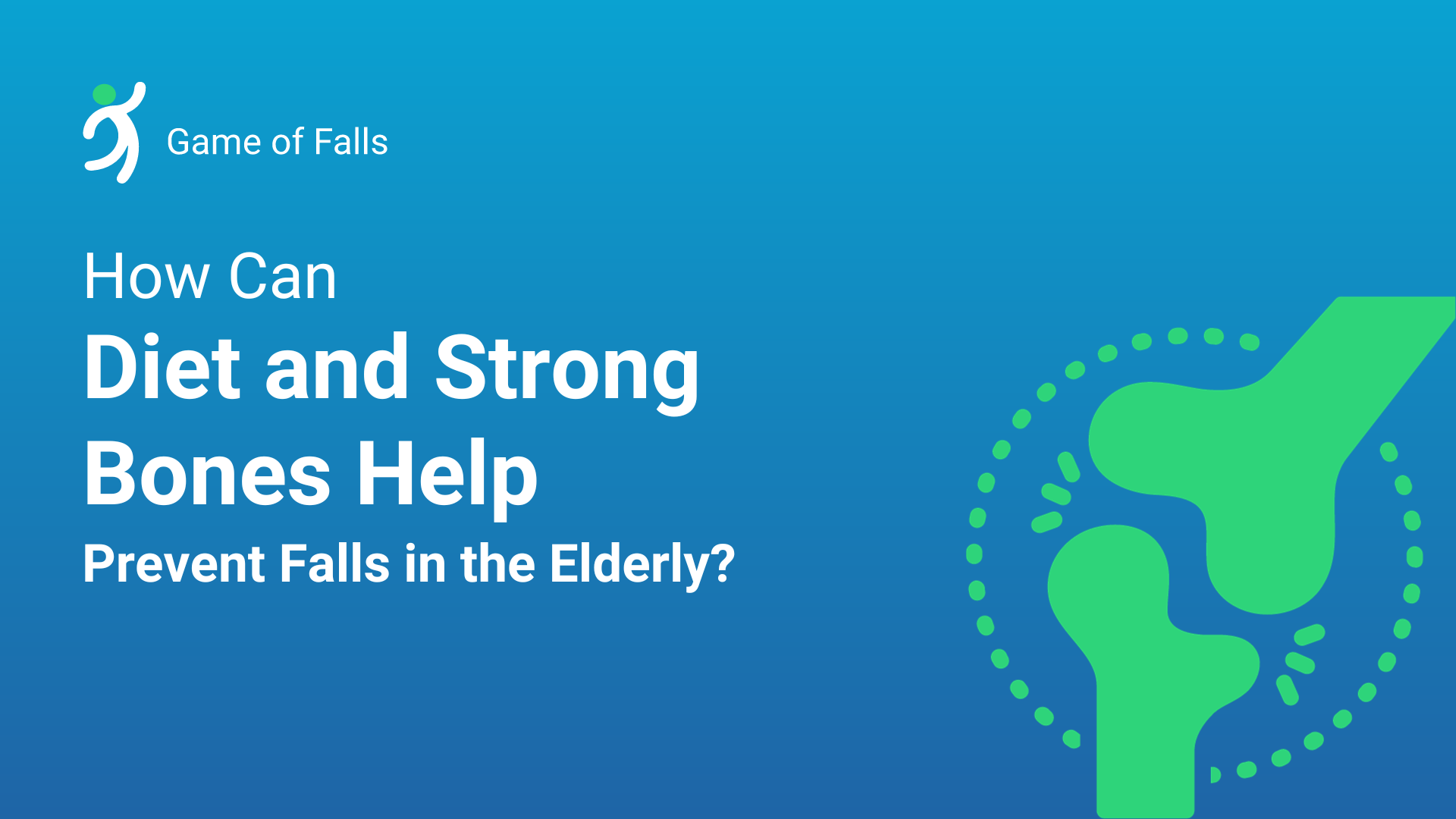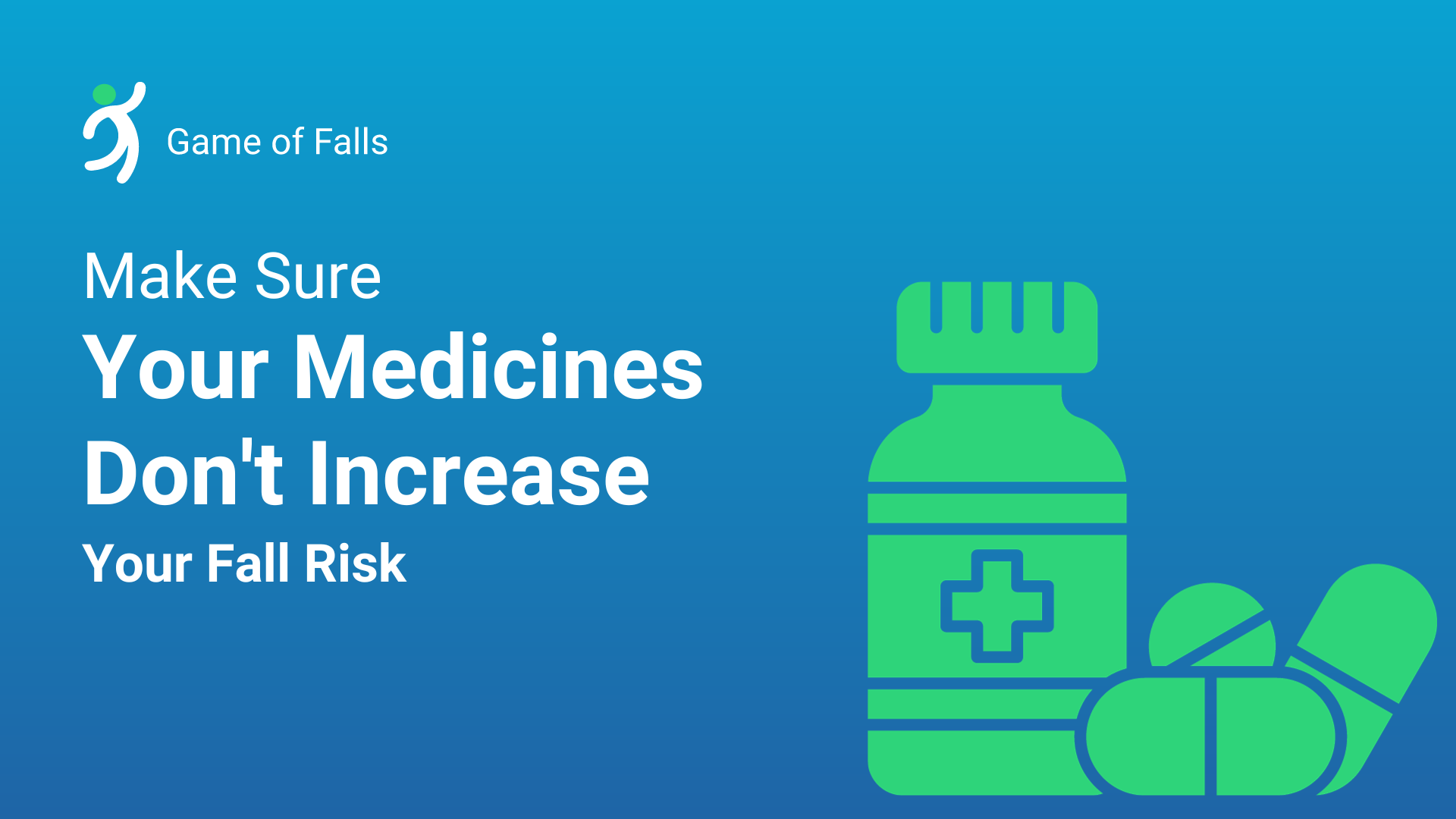
Did you know that the medicines meant to ensure your health could also increase your chances of a fall? It’s a startling thought, but true for many older adults.
As we age, we often become, rather ironically, a walking pharmacy. With every pill we swallow to keep our health conditions in check, there lies an unseen risk, particularly when it comes to staying upright on our own two feet. Falling in the elderly is a leading cause of injury among older adults, and the medications that are a routine part of managing various ailments could be contributing to this danger. Let’s look at how medicines can increase the fall risk in the elderly and how to prevent it.
Why Review Medications to Prevent Falling in the Elderly?

Falls remain the leading cause of fatal and nonfatal injuries impacting older Americans today according to the CDC, with over 36 million falls reported annually in those 65 and over. Resulting hip fractures and head traumas often trigger steep health declines and loss of independence.
You can read a critical systematic review of medication as a risk factor for falls. Shockingly, There is medication risk for falls and many common prescriptions carry side effects increasing seniors’ fall risk by up to 60% through impacts like:
- Dizziness/loss of balance
- Fainting spells
- Confusion
- Blurred vision
- Sleepiness
By having a physician or pharmacist periodically review all your medications – both prescription and over-the-counter – older adults and caregivers can reduce hazardous interactions making falls more likely.
3 Medication Categories That Heighten Fall Risks
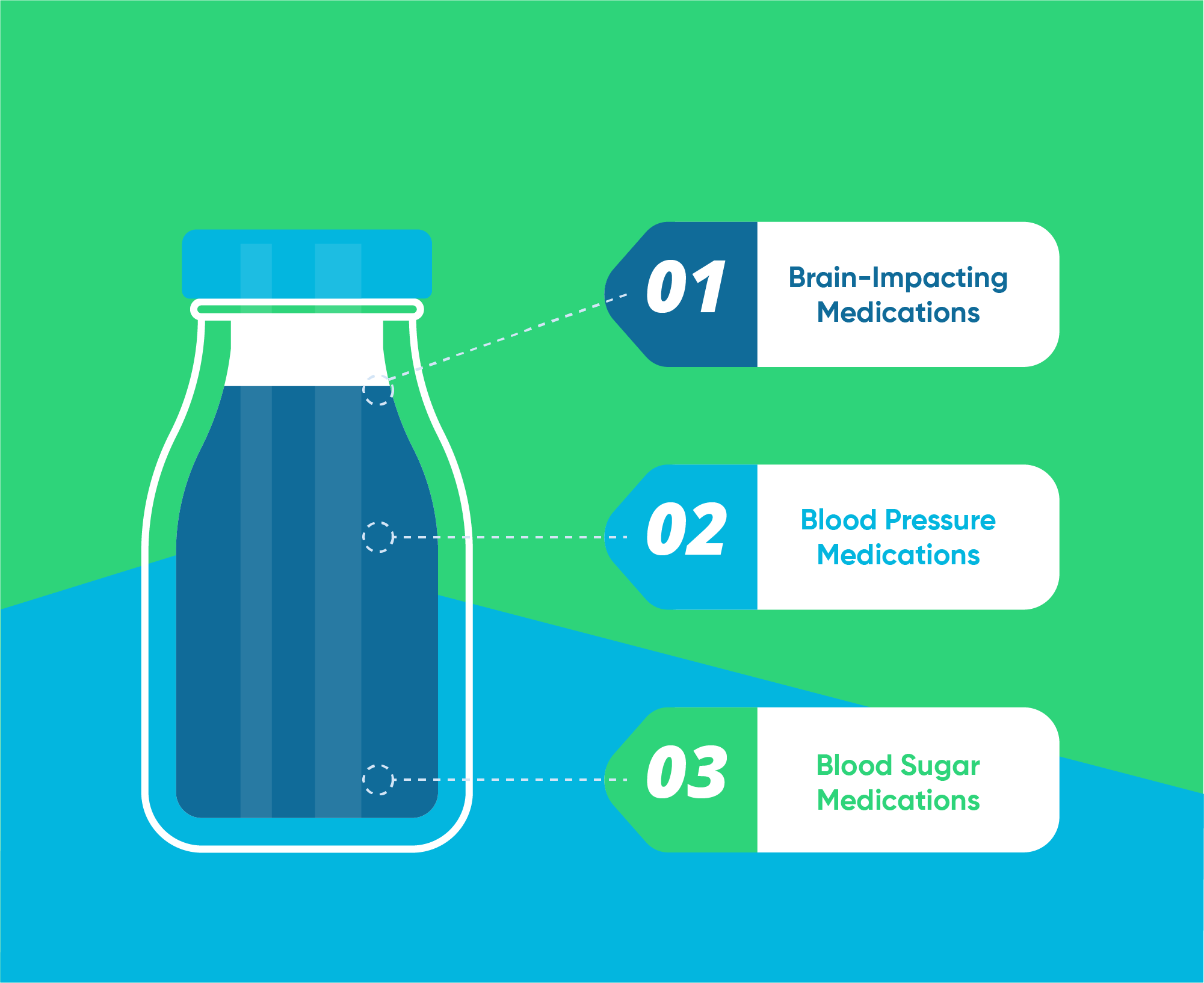
What increases fall risk? According to leading researchers, medications affecting the brain, blood pressure, and blood sugar levels pose the greatest threats amplifying older adults’ likelih ood of falls.
Brain-Impacting Medications
Be it a sedative for sleep or an antidepressant for mood, brain-impacting medications can impair judgment, coordination, and reaction time. These drugs might be a double-edged sword: while treating one problem, these drugs impact the brain and potentially tip the scale toward another—falls.
- Psychoactive prescriptions like sedatives, antidepressants, and opioids influence neurotransmitters and neural activity regulating cognition, emotions, and nerve communication.
- Resulting side effects like slowed reaction times, confusion, blurred vision, weakness, and balance loss leave seniors much more accident-prone while in some cases there is medication that may cause memory loss as well.
Blood Pressure Medications
Blood pressure medications cause falls or at least increase fall risk, so even though they are vital, they need to be used with caution.
- Medicines like alpha-blockers and beta-blockers can prevent pressure spikes, but they can also drop blood pressure too much upon standing, causing dizziness or a fainting sensation known as orthostatic hypotension.
- While essential for cardiac health, blood pressure prescriptions also frequently cause challenging symptoms making falls more probable in those 65 and over.
- In particular, diuretics, beta-blockers, and calcium channel blockers prescribed for hypertension carry side effects including electrolyte imbalances, lightheadedness upon standing, arrhythmias, and fatigue.
Blood Sugar Medications
What medications can increase the risk of falls? For those with diabetes, the tightrope of managing blood sugar levels is familiar. Too high is problematic, but too low can cause shakiness, confusion, or even loss of consciousness. Insulin and sulfonylureas, commonly prescribed, must be calibrated carefully to prevent such extremes.
Both oral and injected blood sugar therapies can throw off glycemic control in seniors leading to emergency low or high blood sugar episodes – both of which may prompt fainting spells, seizures, disorientation, and balance loss during critical falls.
How to Prevent Medication-Related Falling in the Elderly?
Kylie King, PharmD, a pharmacist within the Froedtert & the Medical College of Wisconsin health network, emphasized the need for caution when experiencing certain symptoms. “If you feel faint or dizzy when transitioning from sitting to standing or laying down to standing, this could be due to your medications,” she pointed out. King advises taking a measured approach to how you physically move. “Be cautious and aware of how you feel when you change positions. Take it slow until you figure out why you are feeling this way. If you think it could be due to side effects of your medication, speak with your doctor immediately.”
5 Commonly Used Medications That Increase Fall Risks

Wondering what are the medication that may cause falls in aging? Medications from these classes demonstrate the strongest correlations with elevated senior fall rates:
- Anticonvulsants (anti-seizure)
- Antipsychotics
- Antidepressants
- Benzodiazepines (anti-anxiety)
- Opioid pain relievers
- Sedatives and tranquilizers: These can dull senses and reaction time.
- Antidepressants: Certain types can affect balance and stability.
- Antipsychotics: Used for treating schizophrenia and certain aspects of bipolar disorder, but can cause motor control issues.
- Blood Pressure medications: As mentioned, they can lead to sharp drops in blood pressure.
- Over-the-counter sleep aids: Often antihistamines, can lead to confusion and grogginess.
What To Do If A Loved One Takes These Medications?
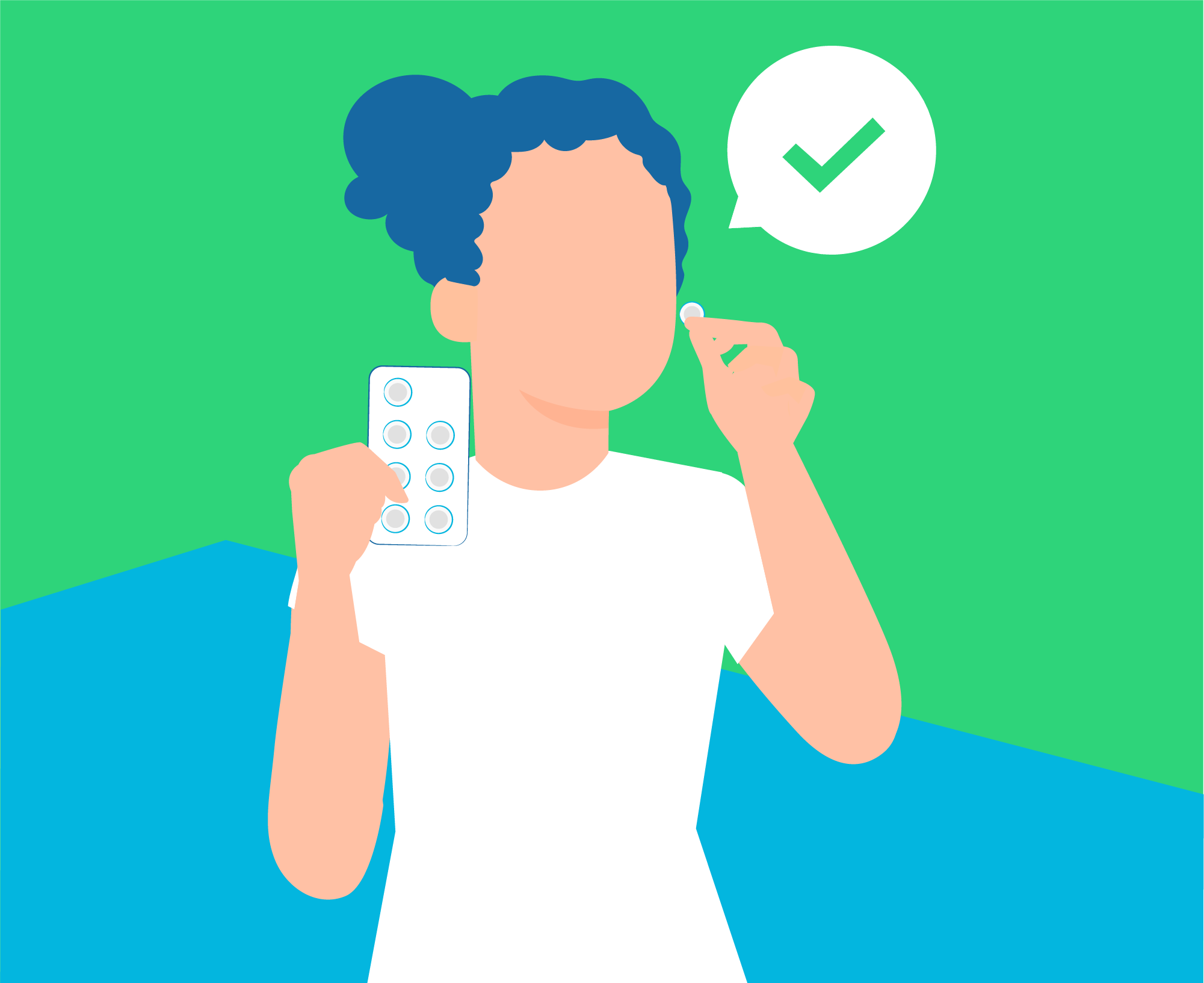
How to Prevent Falling in the Elderly?
The prospect of an older adult falling can feel scary for both aging parents and their adult children. However, risks are reduced dramatically when families open conversations with care providers about optimizing prescriptions.
Communication with healthcare providers is key: Bring up any concerns about falls and medication side effects. A geriatrician or pharmacist specializing in elder care can help adjust dosages or find alternatives that come with a lower risk of causing falls.
Consider lifestyle adjustments: Regular exercise to strengthen balance and using assistive devices can help. Always aim for a well-lit living environment, and consider wearing shoes with good grip to mitigate the risk of slipping.
If your aging loved one already experiences occasional instability or takes medications known to increase falls, experts advise fall prevention: simple tips to prevent falls:
- Speaking up about all symptoms at clinic visits
- Requesting tools like canes, walkers and shower chairs
- Having vision and hearing evaluated yearly
- Working on strength and balance through physical therapy
- Convening medication reconciliation meetings with doctors to minimize drugs where suitable while maximizing independence.
Staying actively engaged with loved ones helps assess situation changes raising red flags for fall dangers. By questioning what drugs can cause falls in the elderly, regularly reviewing medications together, and understanding how to prevent frequent falls in the elderly, both aging adults and caregivers can rest easier knowing everything on how do you prevent medication falls? You can also make sure senior citizens play ‘Game of Falls’, an interactive game that teaches you to avoid falls!
Now that you know what prescriptions put mature relatives at greater risk for falls, how will you safeguard your family’s future health and vitality?
As flu season turns up the dial, one question often comes to mind: Why does the flu hit older adults so hard? It’s a perfect storm where senior flu prevention becomes key since their natural aging nudges immune systems into a less active state, amplifying the impact of flu symptoms. For caregivers, ensuring flu season […]
Confidence is a crucial ingredient in living a fulfilling and independent life, especially for seniors. So, what happens when an event like a fall shakes the very foundation of a person’s confidence, particularly in the elderly? After a fall, it’s natural for seniors to feel vulnerable and apprehensive about engaging in their everyday activities. Fear […]
Have you considered that growing older might mean getting better, so long as you nurture the one body you’ve been given? Staying active is a dynamic part of aging, and a key aspect of that is utilizing preventive health screenings to catch problems early. The good news is that Medicare and most health plans cover […]
The adage ‘You are what you eat’ holds even more significance as we age. Age related bone loss is a continuous process and can result in osteoporosis. Around 10 million individuals over the age of 50 in the US are living with osteoporosis, and an additional 34 million are at risk of developing the disease. […]

